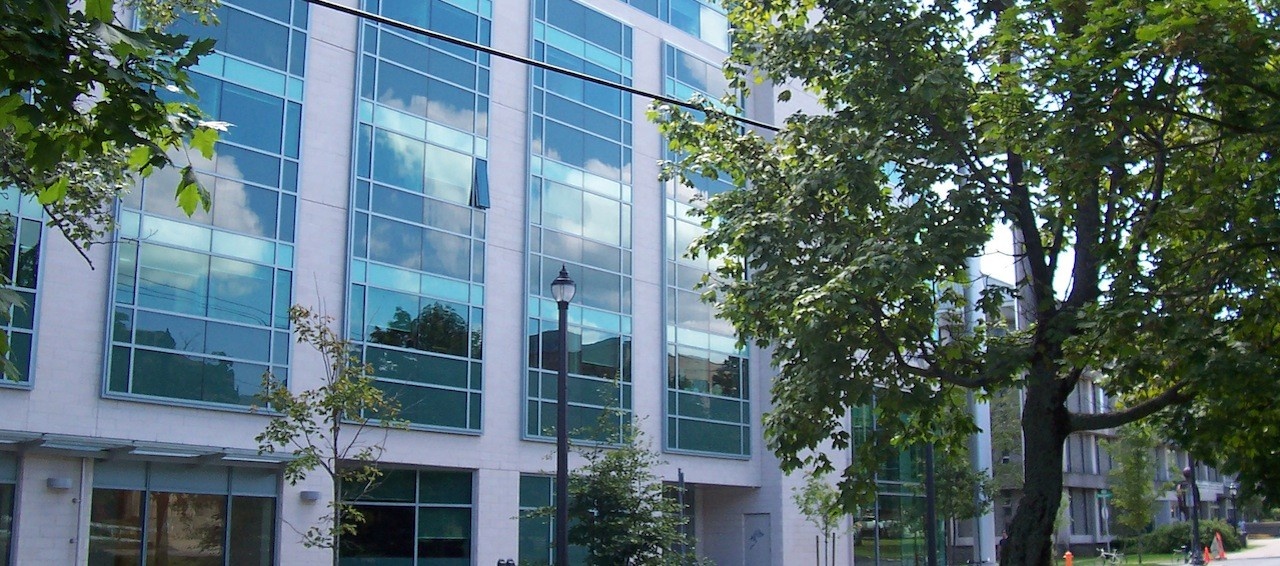Energy Systems
Transitioning to a sustainable energy future
Despite having excellent tidal, wind and solar thermal potential, Nova Scotia is still largely dependent on fossil fuels imported from foreign countries, and as a result, we are energy insecure. Canadians are becoming increasingly aware of the need to shift our energy systems to more renewable sources鈥攁nd you could be part of making that happen.
Energy systems research at SRES looks at the socio-economic, technical and policy implications of achieving a sustainable energy future.听 This involves:
- understanding the social and cultural acceptability of issues around renewable energy implementation
- For example: Wind turbines are great, just not in my backyard.
听
- For example: Wind turbines are great, just not in my backyard.
- supporting more sustainable energy use within our industries
- For example: What sustainable energy options are viable for Canadian manufacturers?
听
- For example: What sustainable energy options are viable for Canadian manufacturers?
- understanding the enabling factors and barriers to renewable energy implementation from a community鈥檚 perspective
- For example: How do we get buy-in from the community?
- For example: How do we get buy-in from the community?
Play a role in a more sustainable energy future
As a graduate student, you will help identify points of tension around renewable energy implementation, and start laying the groundwork for respectfully and appropriately dealing with them from a social, technical and political perspective.
Here are just a few examples of the many energy systems projects you could be involved in:
- identifying GHG reductions resulting from government energy efficiency programs
- making policy recommendations for renewable electricity development
- exploring eco-efficiency in the manufacturing sector
Find out what our researchers are working on:
 |
Michelle Adams
|
 |
Peter Duinker
|
 |
Kate Sherren
|
